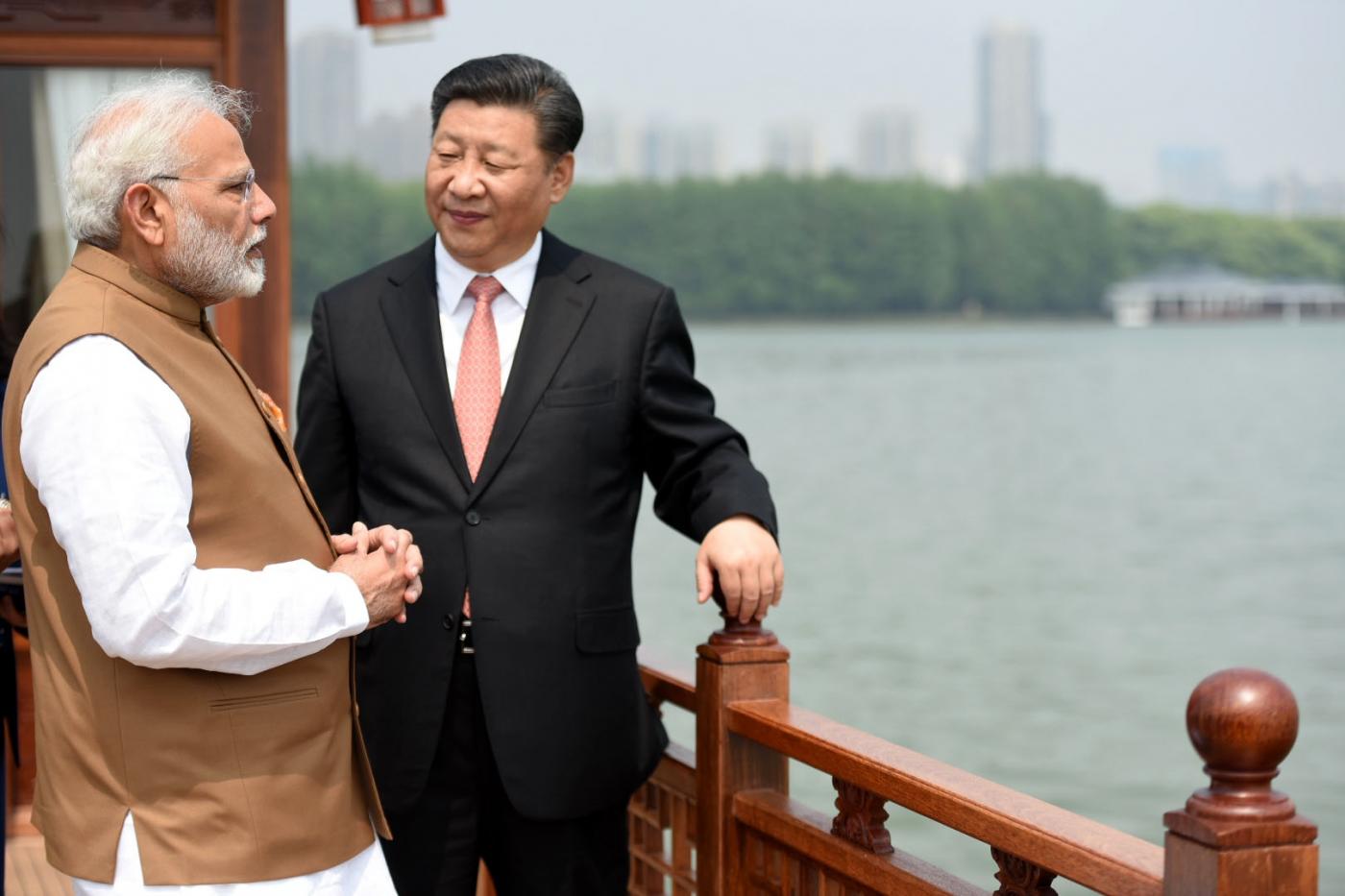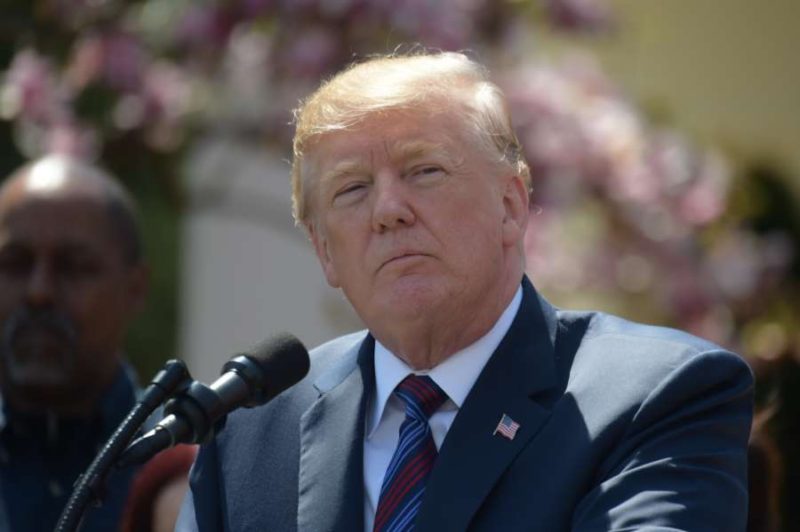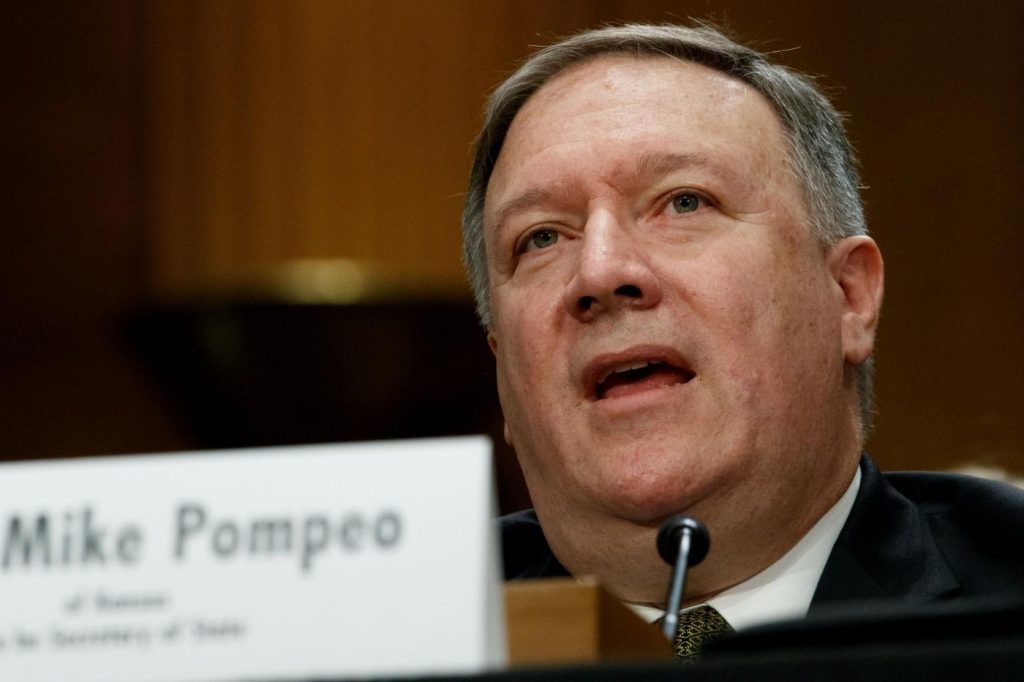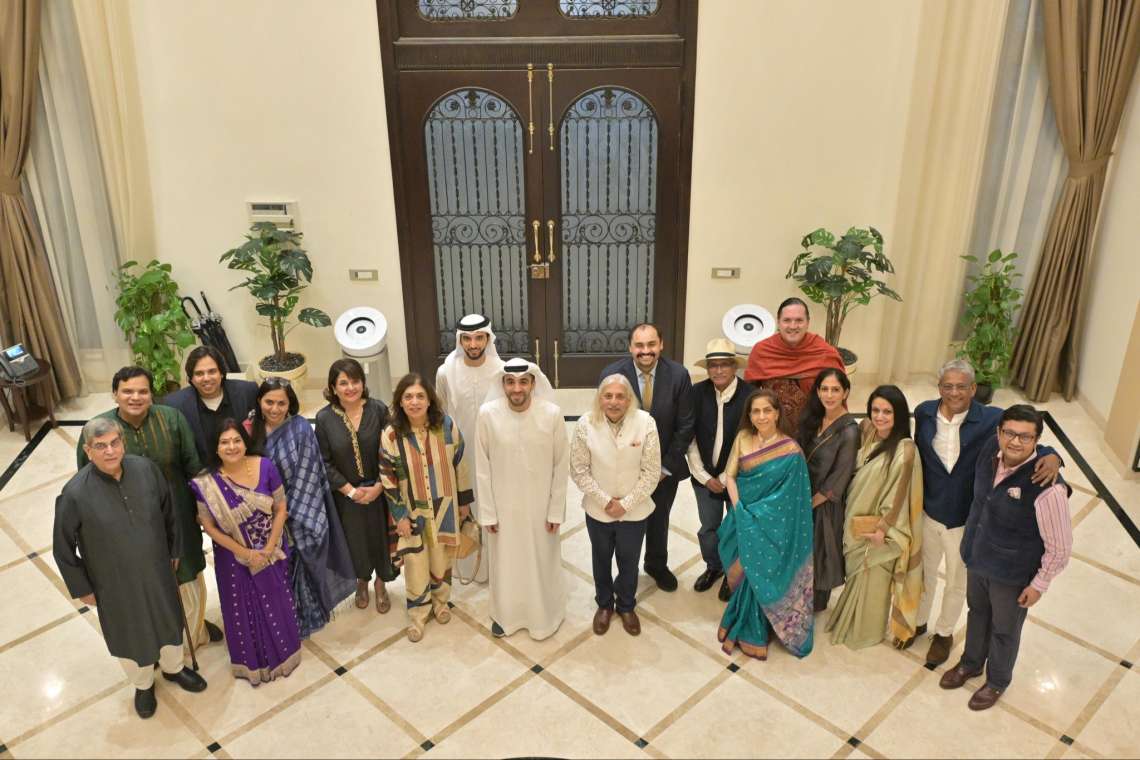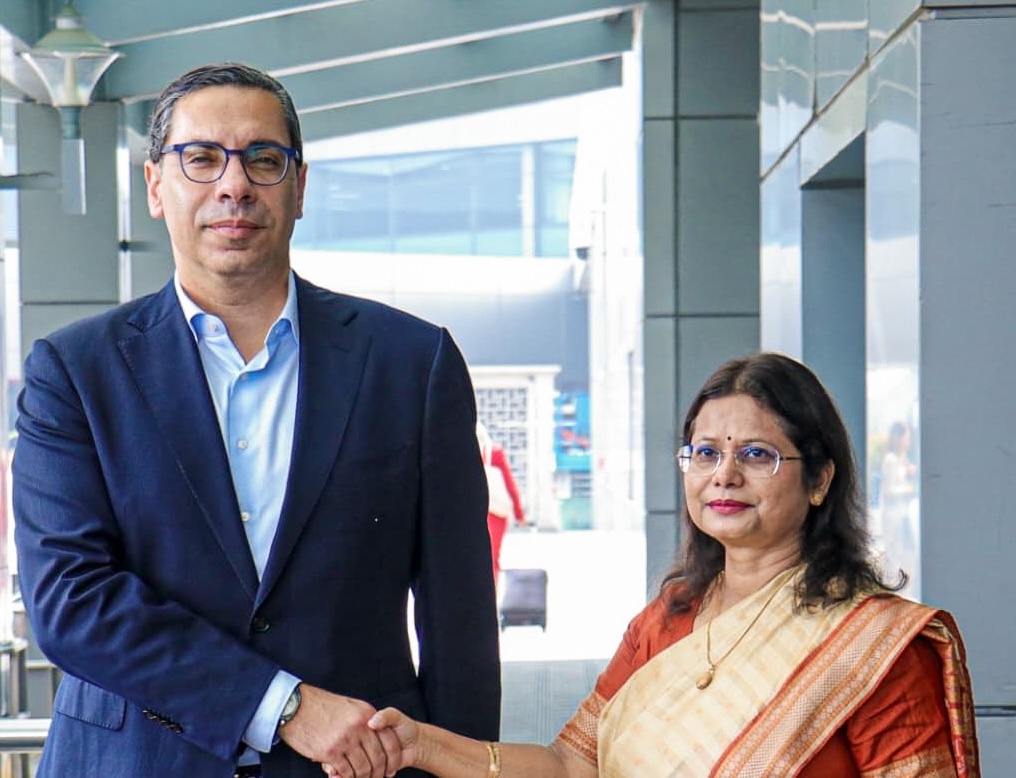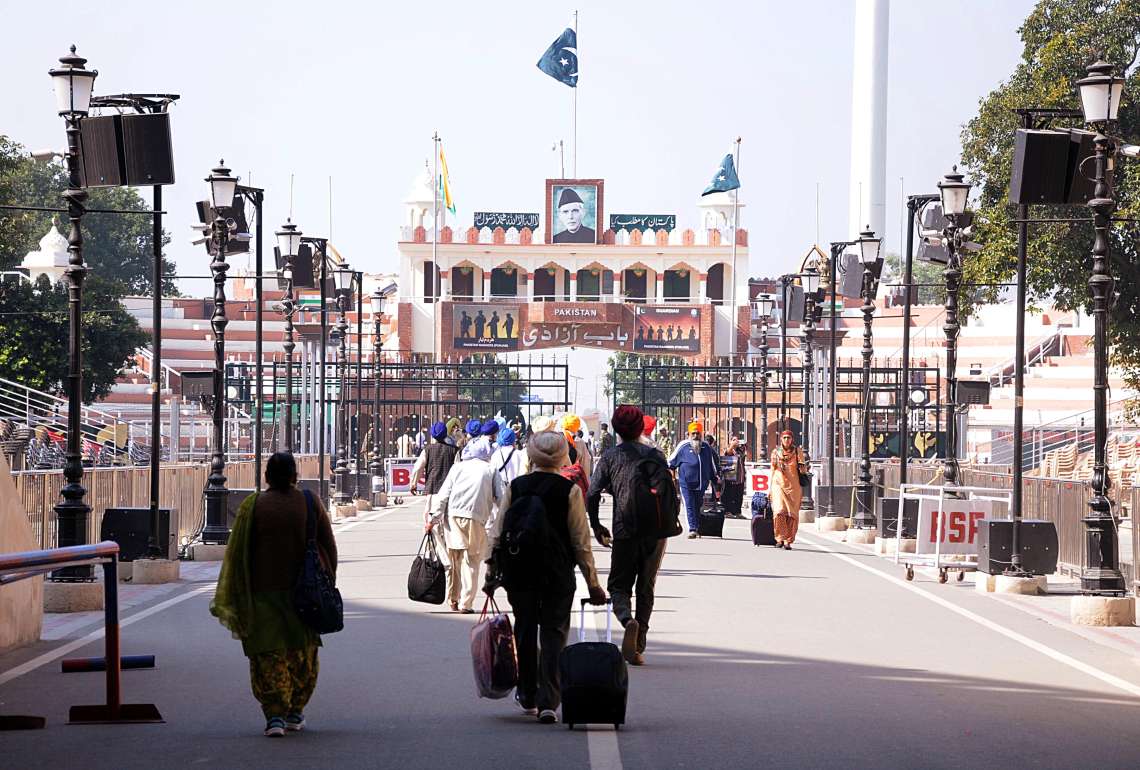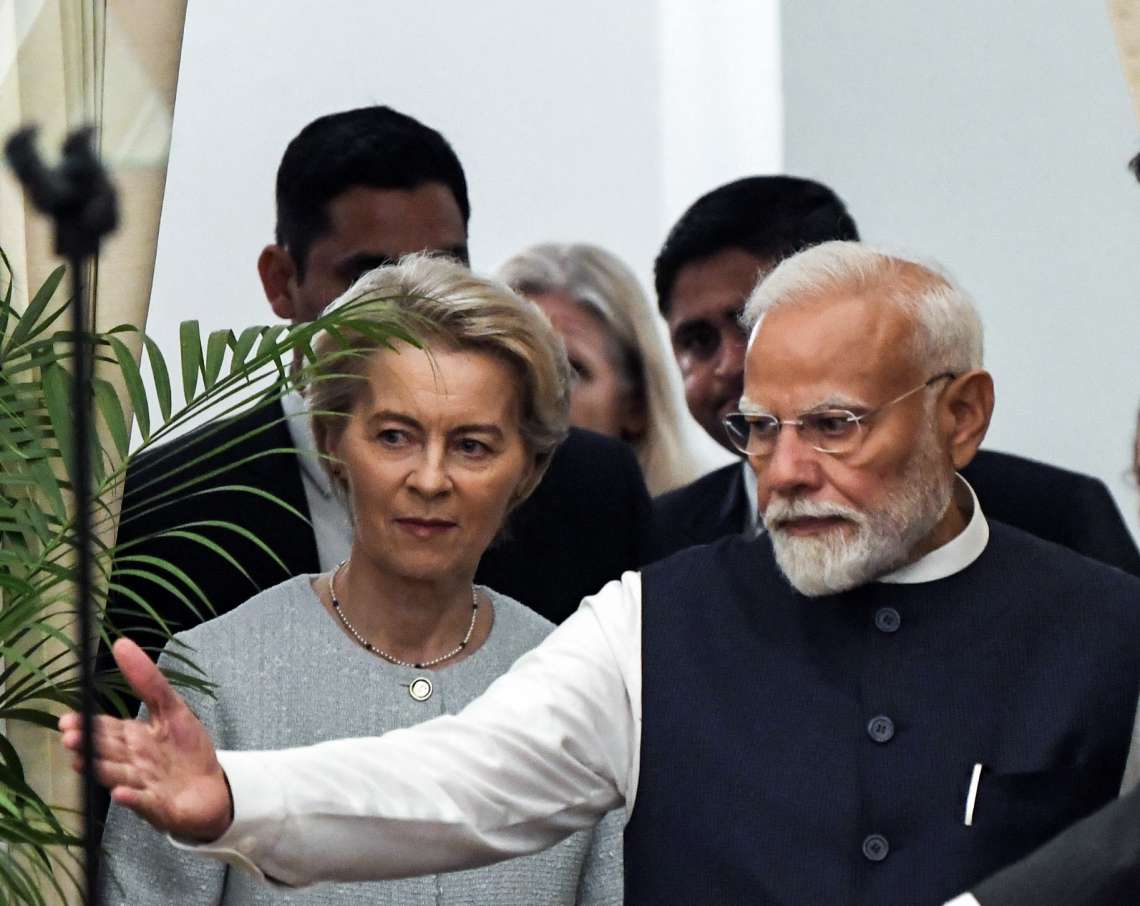Modi and Xi pledge to keep the India-China border quiet and personally guide their respective armies to avert Doklam-like military stand-off in future as the two wrapped up their two-day informal summit in the Chinese city of Wuhan … reports Asian Lite News.

Prime Minister Narendra Modi and President Xi Jinping on Saturday pledged to keep the India-China border quiet and personally guide their respective armies to avert Doklam-like military stand-off in future as the two wrapped up their two-day informal summit in the Chinese city of Wuhan.
India’s Foreign Secretary Vijay Gokhale said the icebreaking meetings between Modi and Xi will have a “positive impact” on a number of thorny issues that have bogged down the two uneasy Asian neighbours.
“The two leaders underscored that it is important to maintain peace along India-China border region and decided that they will issue strategic guidance to their respective militaries to strengthen communications and to build trust and understanding,” Gokhale said briefing the media on the six rounds of talks between Modi and Xi in two days
They also decided to strengthen existing institutional mechanisms to prevent and manage situations in the border areas. Gokhale said Modi and Xi were of the view that Special Representatives on border talks from both countries will have to intensify their efforts to seek a fair, reasonable and mutually acceptable settlement.
Gokhale said the two leaders reviewed developments in India-China relations from the strategic and long-term perspective and decided to implement various confidence-building measures which had already been agreed upon by the two sides.

“They also agreed that both sides have the maturity and wisdom to handle the differences through peaceful discussion within the context of the overall relationship, bearing in mind the importance of respecting each other’s sensitivities, concerns and aspirations,” Gokhale said.
However, Gokhale did not reveal if irritants in Sino-India relations like China’s Belt and Road initiative and its opposition to New Delhi’s entry into the Nuclear Suppliers Group came up in the the six rounds of talks between Modi and Xi in two days.
Meanwhile, sources said India and China have decided to work on a joint economic project in Afghanistan, a move that could upset Beijing’s “all-weather ally” and New Delhi’s arch-rival Pakistan, which borders Afghanistan.
India and China went to war in 1962 over their border and still carry the baggage of 3,500 km long disputed boundary.
The two Asian giants almost came to blows in 2017 when their armies faced off each other near their border in Doklam over building of a border road by the Chinese. The already-strained ties went further south after that.
Beijing’s opposition to New Delhi’s entry into the elite Nuclear Suppliers Group and its application at the UN to declare Pakistan-based terrorist Masood Azhar are other sticking points between the two.
Beijing also fears India might join the Quad — an emerging bloc of the US, Japan and Australia to counter it in the Indo-Pacific region.

Asked about China’s growing influence in the South Asia which is considered India’s sphere of influence, Gokhale said: “The two leaders were very clear that we have converging interests. We have our respective visions of domestic and foreign policy that we will work together and use strategic communication to ensure that we are able to improve the situation regionally, internationally.”
“The key point is that we identify the number of areas of convergence.
“They (Modi and Xi) reiterated the importance of building an open, multipolar, pluralist and participatory global economic order which will enable all countries to pursue their development and contribute to the elimination of poverty and inequality in all regions of the world,” Gokhale said.
He also said both the leaders recognized the common threat posed by terrorism and reiterated their strong condemnation of and resolute opposition to terrorism in all its forms and manifestations.
Gokhale said this is new kind of diplomatic arrangement between the two countries. “President Xi has not received any foreign leader outside the capital (Beijing).”
“Both the leaders are trying to find ways to communicate to each other and I have no doubt that this will have positive impact on India-China relations and on moving ahead on a number of issues,” the top Indian diplomat said.
Earlier on Saturday, Modi and Xi walked by the East Lake and took a boat ride on the scenic East Lake as they began their second round of talks. The Chinese President also hosted a lunch for Modi.
On Friday, Xi had accompanied Modi on a tour of an exhibition of Marquis Yi of Zeng Cultural Relics and Treasure displayed at the Hubei Provincial Museum. The Chinese President also hosted a dinner in honour of the visiting Indian Prime Minister.
Chinese Ambassador to India Luo Zhaohui said that both the leaders spent nine hours together during the course of their informal summit.
“7 events in 2 days, President #XiJinping and PM Modi spent 9 hours together, covering a wide range of topics in in-depth exchanges with much consensus. Thumbs up to the two leaders!” Luo tweeted following Modi’s departure for India from here on Saturday.

